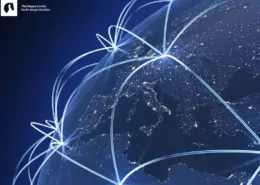Trending Topic
 https://hcss.nl/wp-content/uploads/2025/03/Deterring-or-Spiralling-Emerging-Technologies-Strategic-Stability-and-Prospects-for-Sino-European-Arms-Control.png
572
880
Patrick Willemsen
https://hcss.nl/wp-content/uploads/2021/04/HCSS_Beeldmerk_Blauw_RGB1200-ppi-e1619025866259-300x300.png
Patrick Willemsen2025-03-12 08:10:472025-03-19 13:27:59Deterring or Spiralling? Emerging Technologies, Strategic Stability, and Prospects for Sino-European Arms Control
https://hcss.nl/wp-content/uploads/2025/03/Deterring-or-Spiralling-Emerging-Technologies-Strategic-Stability-and-Prospects-for-Sino-European-Arms-Control.png
572
880
Patrick Willemsen
https://hcss.nl/wp-content/uploads/2021/04/HCSS_Beeldmerk_Blauw_RGB1200-ppi-e1619025866259-300x300.png
Patrick Willemsen2025-03-12 08:10:472025-03-19 13:27:59Deterring or Spiralling? Emerging Technologies, Strategic Stability, and Prospects for Sino-European Arms Control










